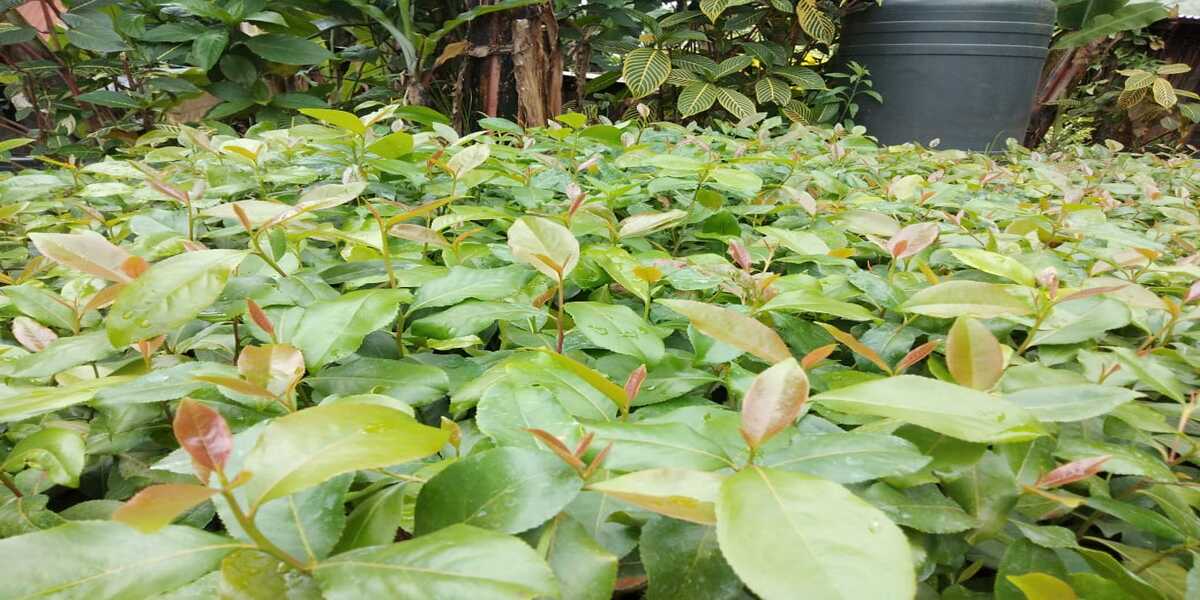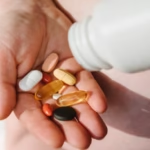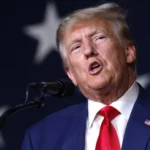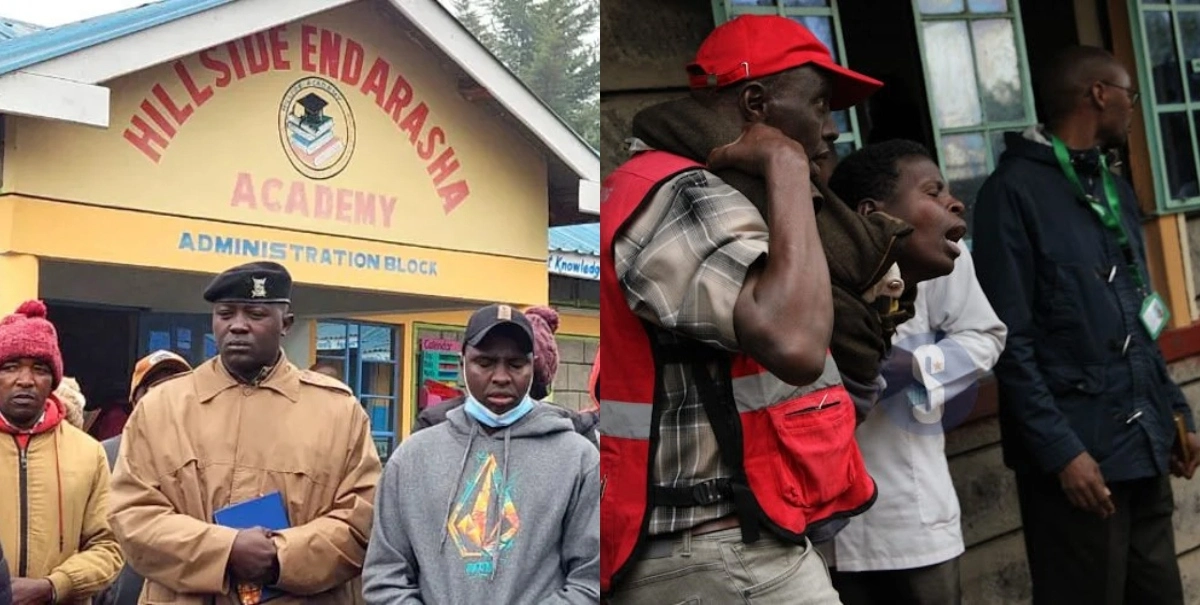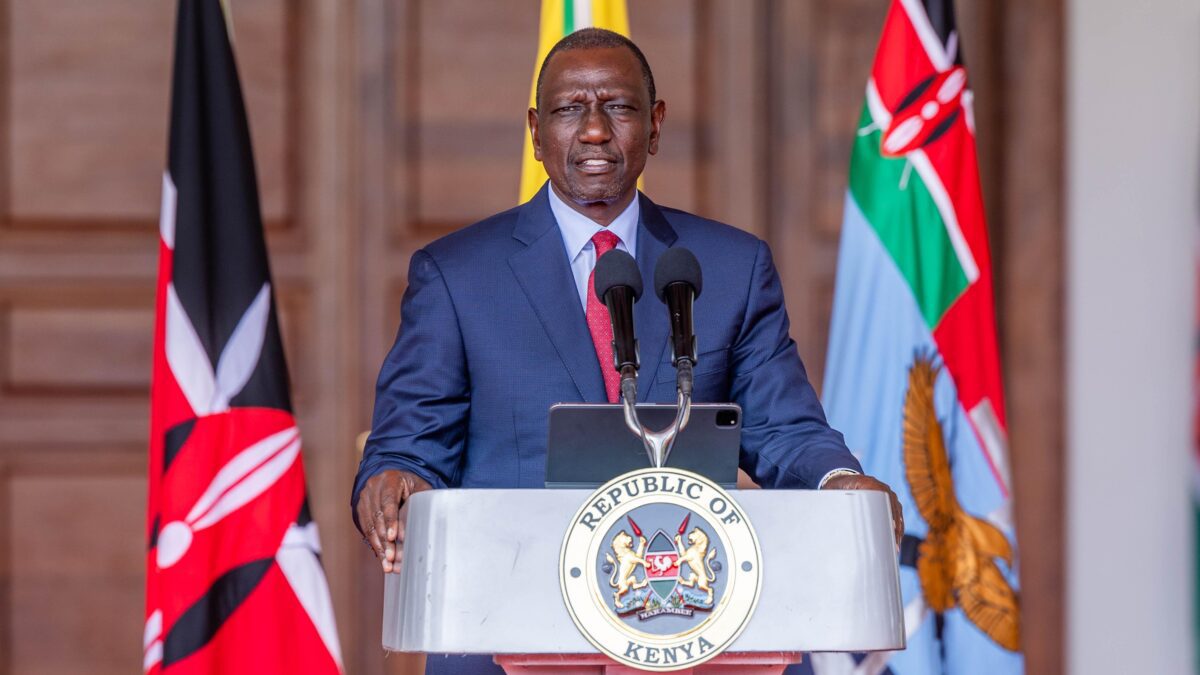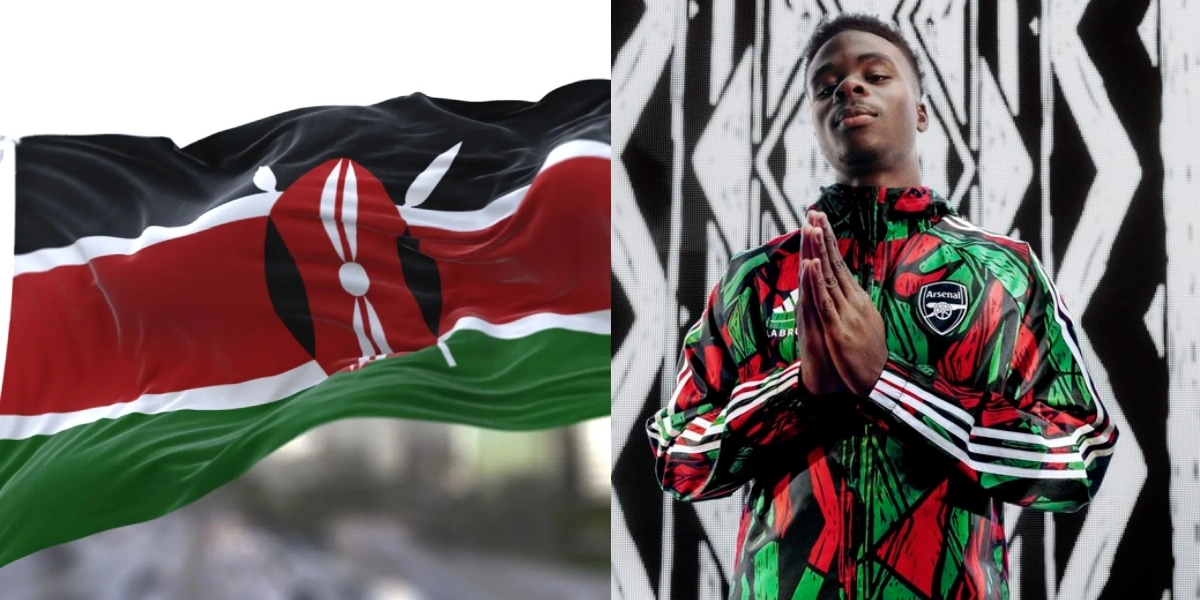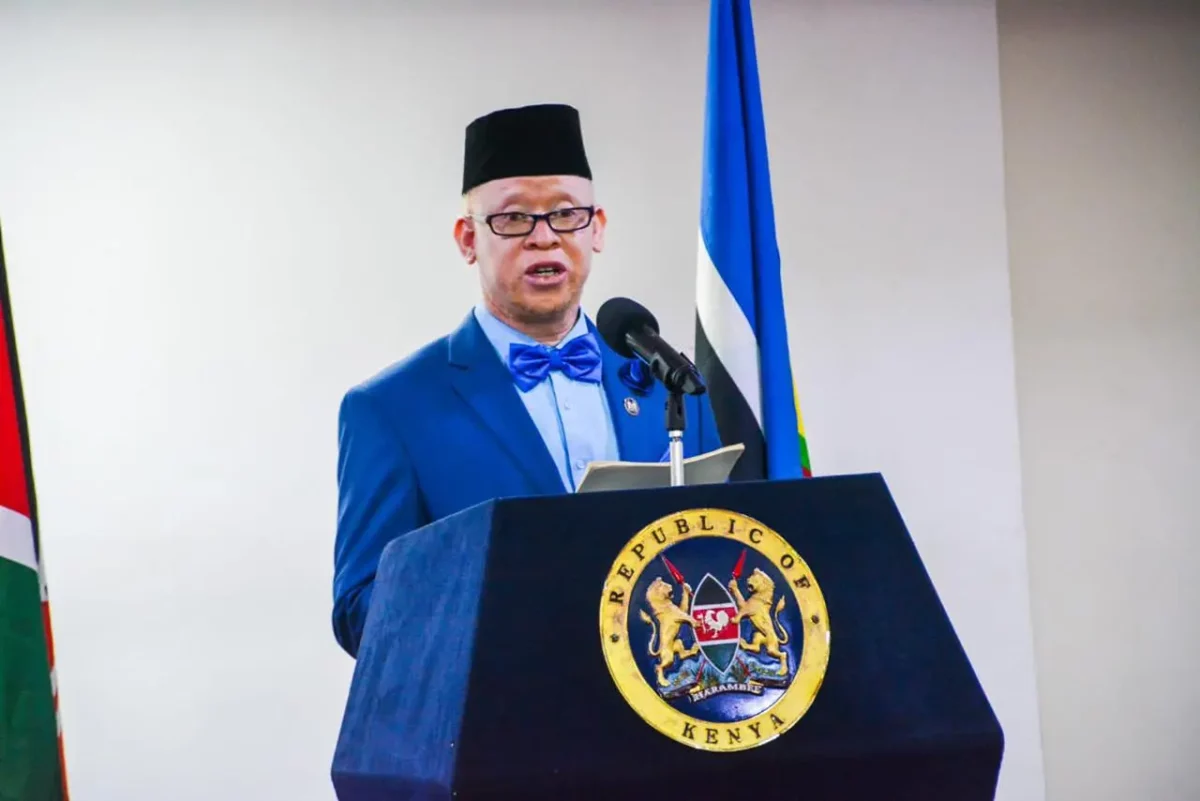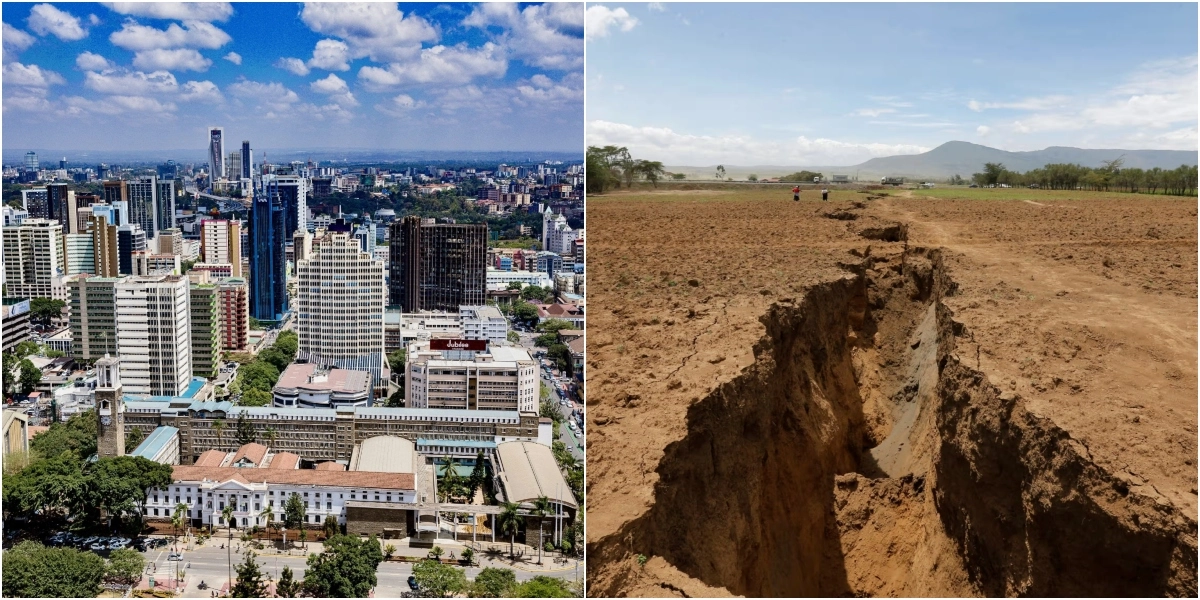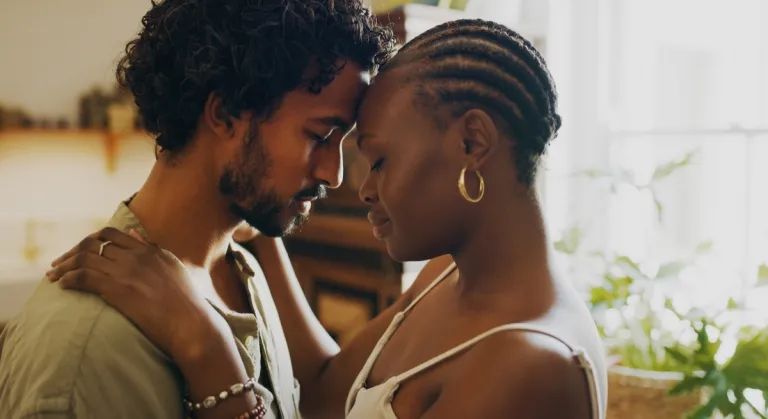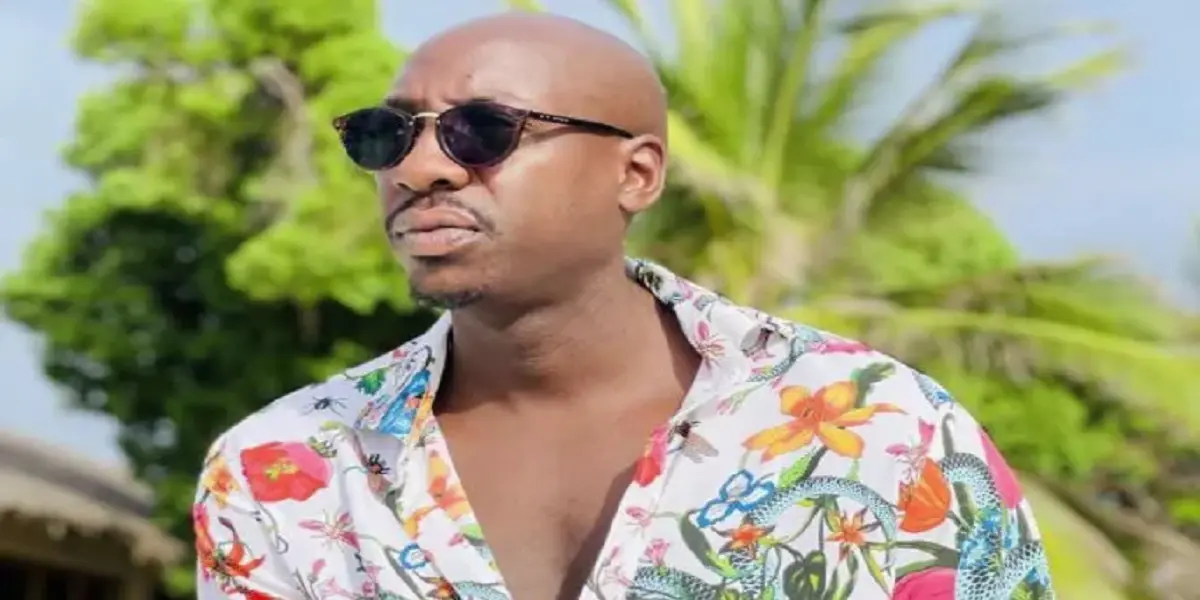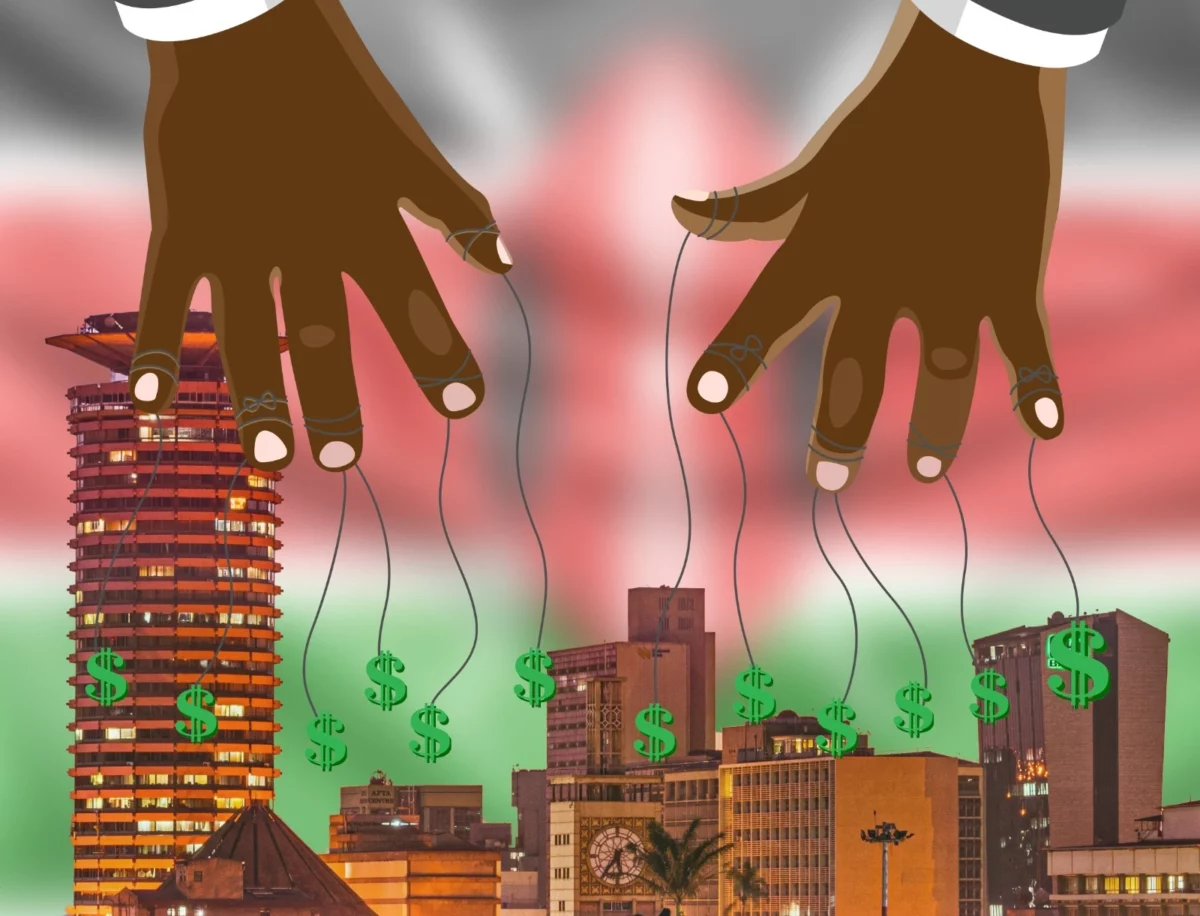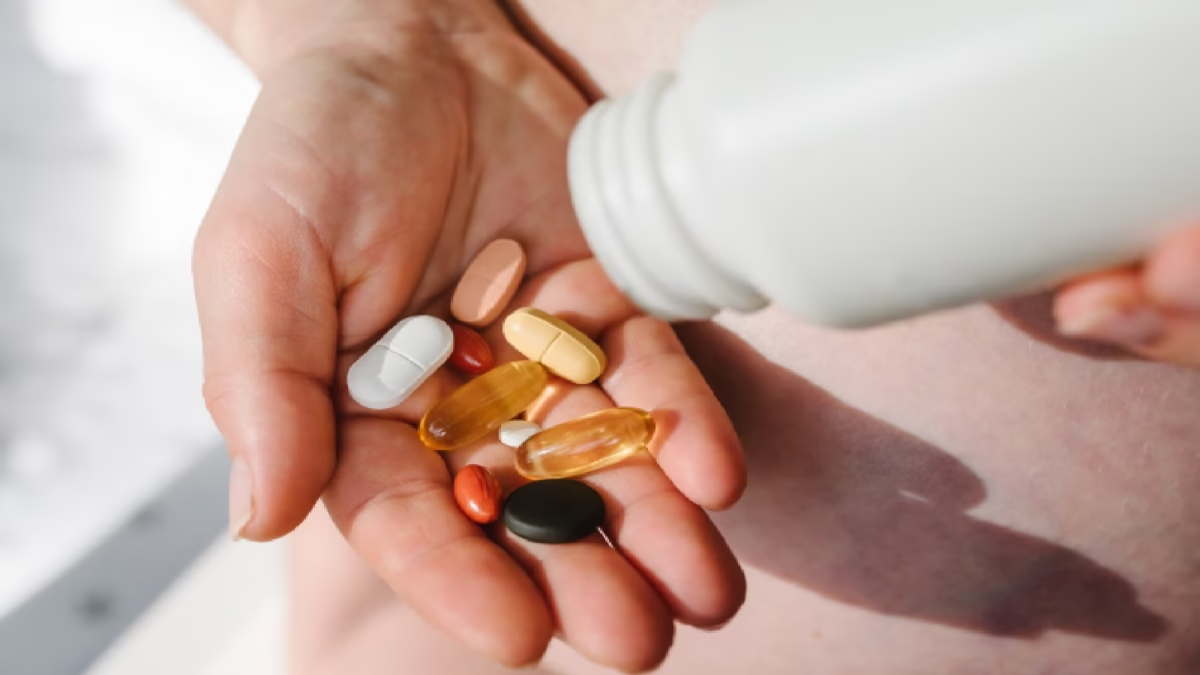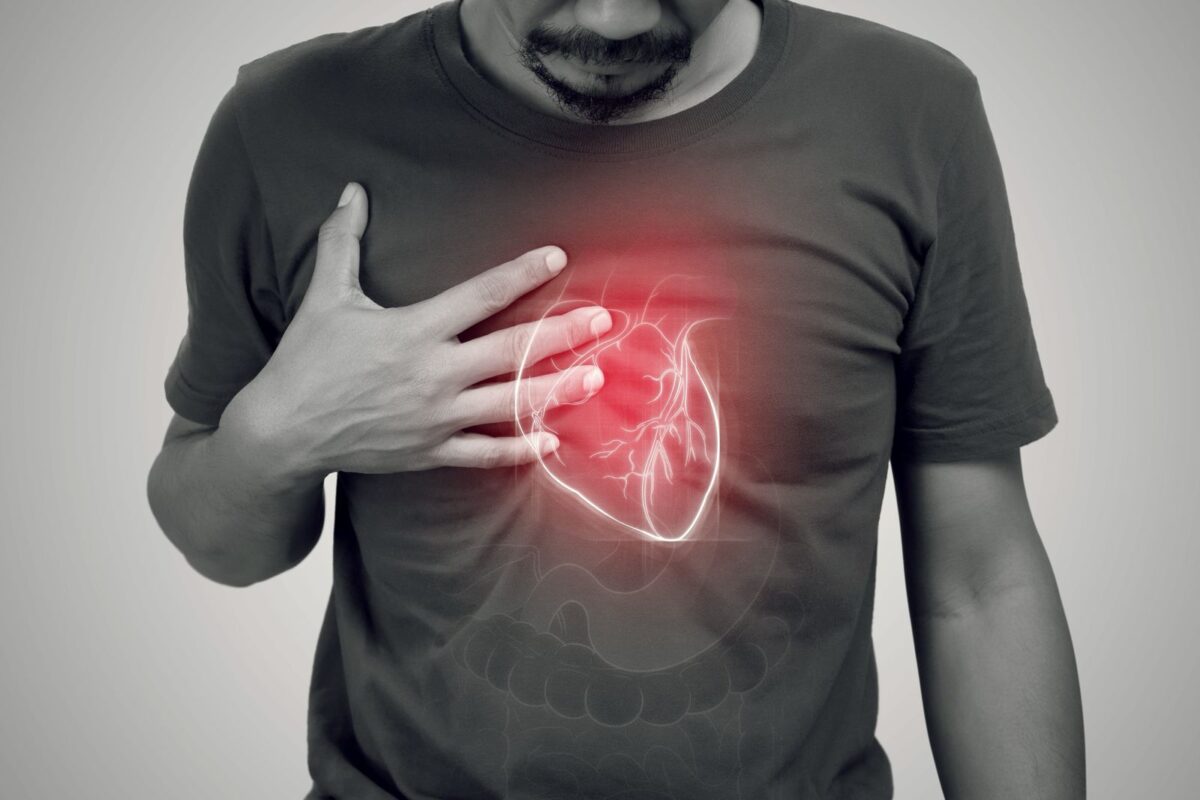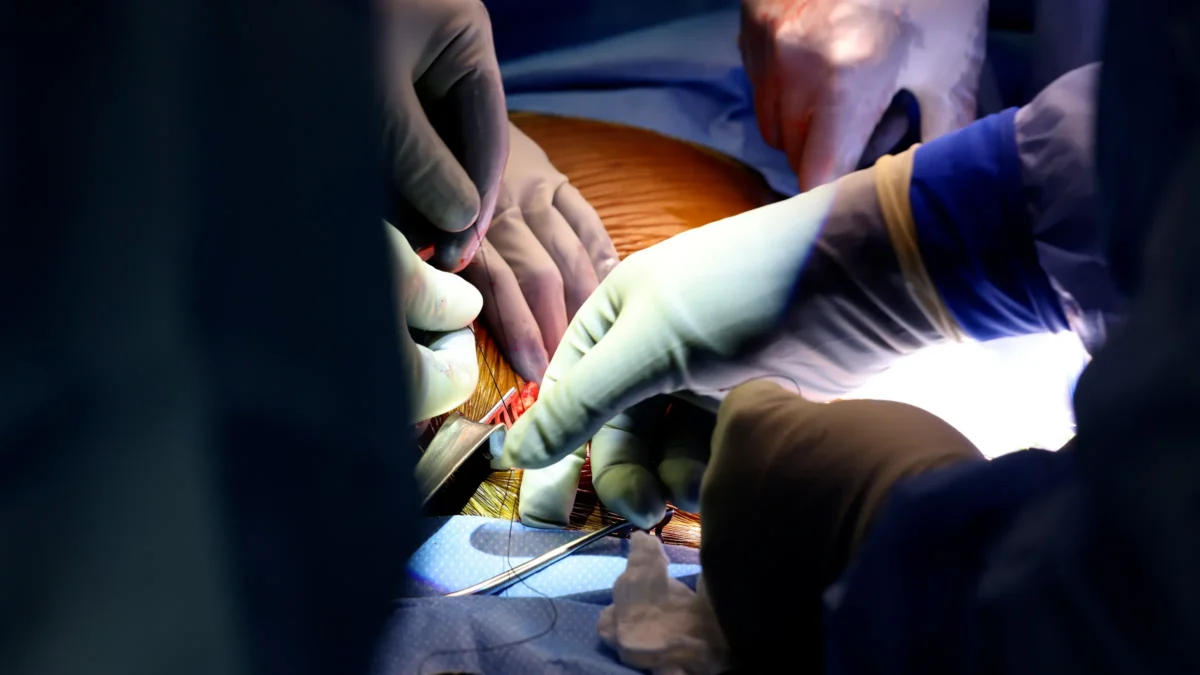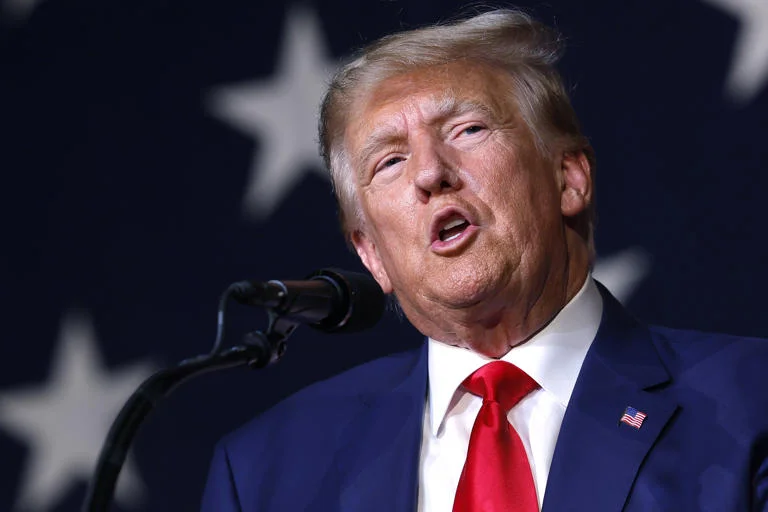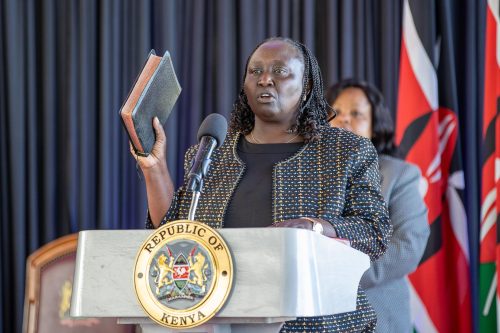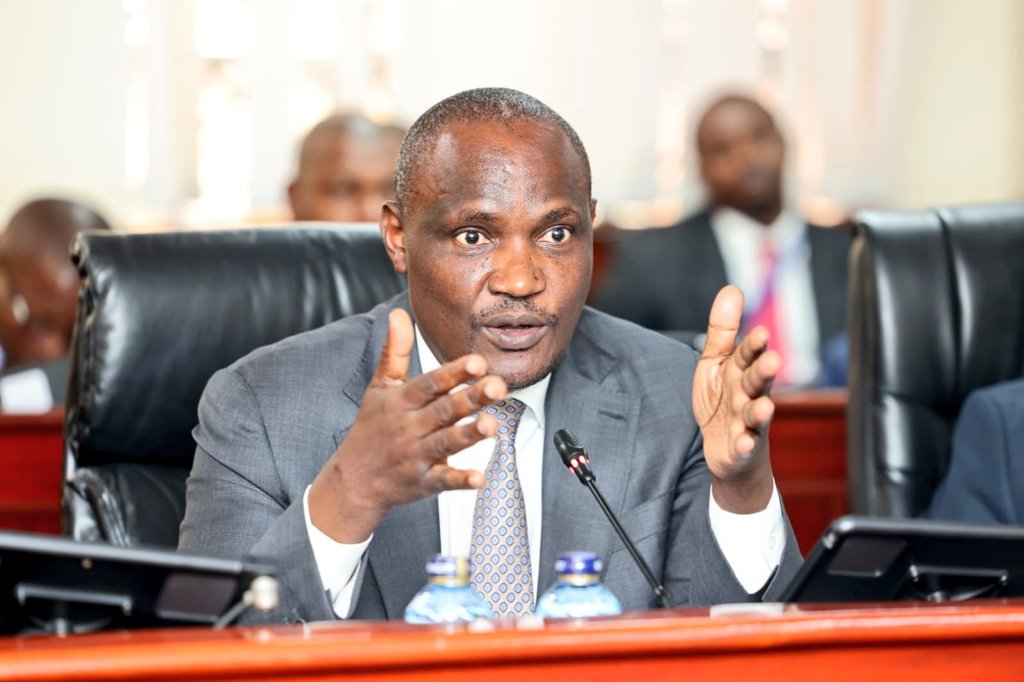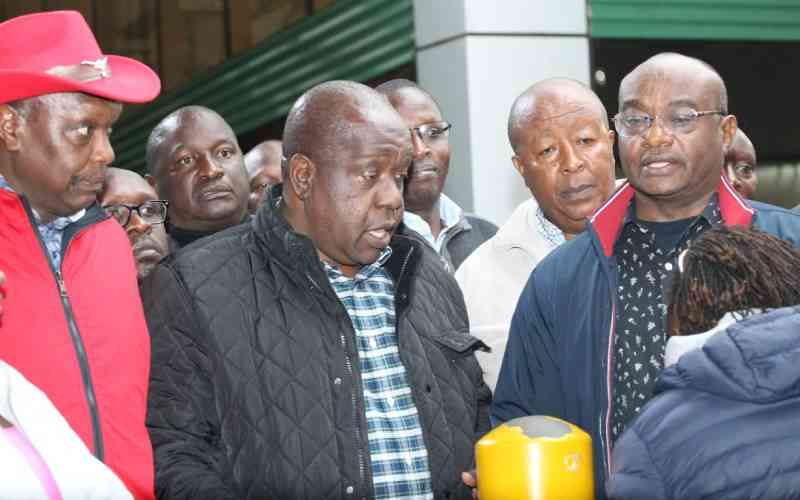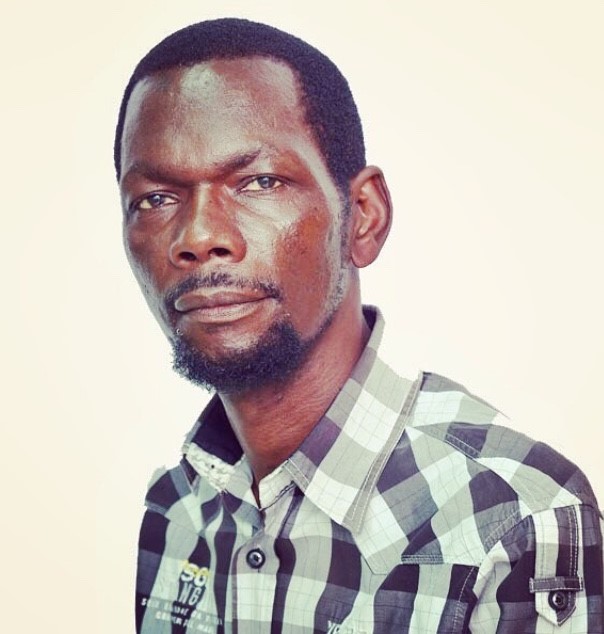In a decisive move, President William Ruto has reversed the contentious ban on muguka, a variety of the popular stimulant khat, imposed last week by several county governors in Kenya’s coastal region. The U-turn comes after heated protests and significant backlash from farmers and traders in the muguka-growing county of Embu.
Muguka, known for its potency and affordability, has been blamed for exacerbating mental health issues and social ills, including crime. The governors of Mombasa, Kilifi, and Taita Taveta counties cited these concerns when they enacted the ban, which prohibited the entry, transportation, sale, and consumption of the stimulant.
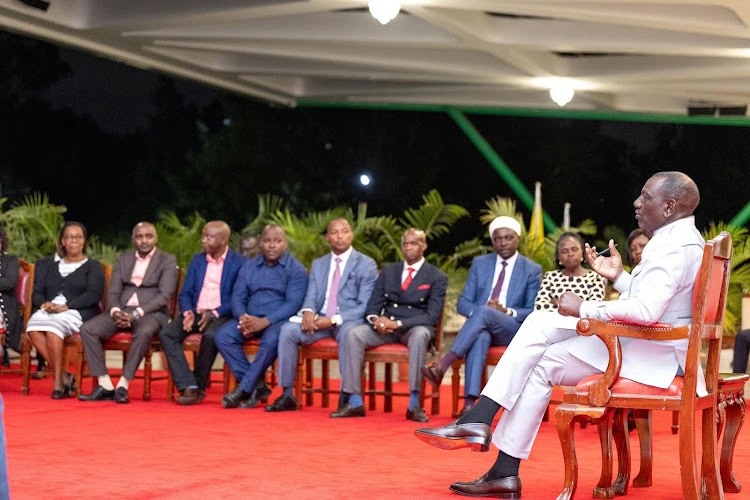
Mombasa Governor Abdulswamad Shariff Nassir, a vocal proponent of the ban, highlighted that a majority of individuals in local rehabilitation centers were muguka addicts. His stance was echoed by the governors of Kilifi and Taita Taveta, who vowed to enforce strict measures against the crop’s sale and use.
However, the ban’s implementation led to significant unrest in Embu, where the crop is a major economic driver. Farmers and traders expressed fears of losing their livelihoods, leading to protests and legal challenges against the prohibition.
In response to the growing tension, President Ruto convened a meeting with local leaders from Embu on Monday. Following the discussions, he reaffirmed that muguka is a legal crop under the Crops Act 2013 and the Miraa Regulations 2023, rendering the regional bans unenforceable.
“With muguka having been recognised by national legislation, any other laws or orders that contradict national legislation is null and void,” President Ruto stated through a press release from the president’s office. He also announced a government allocation of $3.7 million in the current financial year to expand khat farming across the country.
Two activists had already taken the ban to court, and over 10 traders were arrested in Mombasa as the ban took effect, according to local media reports.
The ban had gained considerable support from religious organizations, with Muslim leaders in Mombasa advocating for muguka to be classified as a restricted drug. The National Agency for the Campaign Against Drug Abuse has classified muguka as a harmful substance due to the high levels of stimulants cathinone and cathine present in the leaves. John Mututho, former chief of the agency, warned about the significant health risks, likening the effects to those of harder drugs.
Despite the reversal of the ban, Kwale Governor Fatuma Achani has announced that the county will not initiate a ban but will enforce stringent regulations on muguka use. Achani emphasized the importance of public health and personal responsibility, urging residents to be mindful of the health risks associated with muguka consumption.
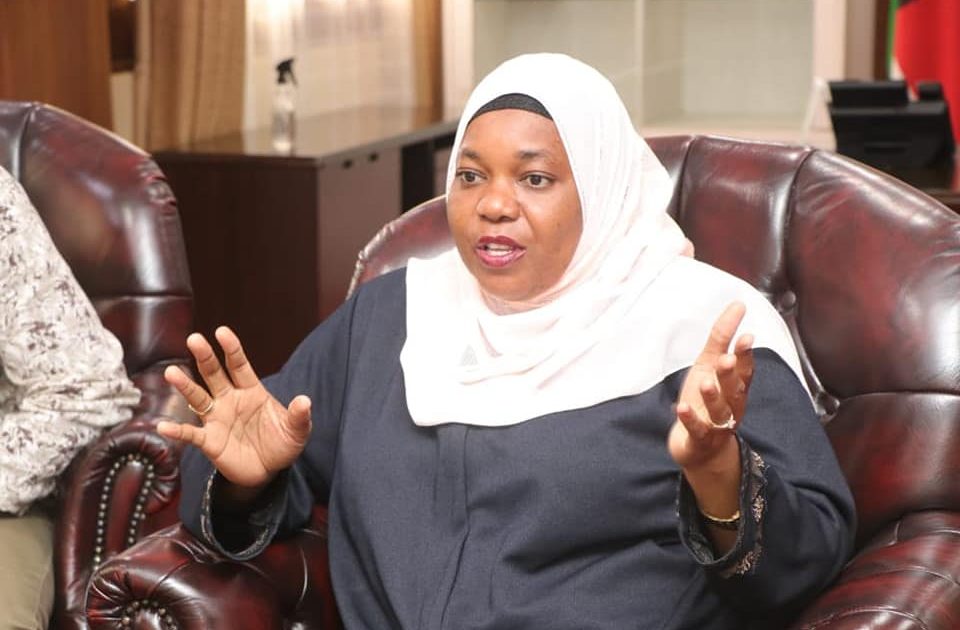
Moreover, during the public participation phase for the Kwale County Finance Bill, 2024, residents proposed substantial increases in the fees for muguka transportation, aiming to enforce stricter control measures.
The reversal of the ban by President Ruto has provided a temporary respite for muguka farmers and traders, yet the controversy continues to spark debate among local leaders, religious groups, and public health advocates across the nation. As the situation evolves, the focus remains on balancing economic interests with public health and safety.

